Château Mercian has big dreams of putting Japan on the global map of wine
For a country that is well known for sake, whisky and beer, Château Mercian has been patiently pushing the boundaries with a slew of well-deserved awards fueled by lofty ambitions
24 January 2024
Share this exclusive content from Saladplate
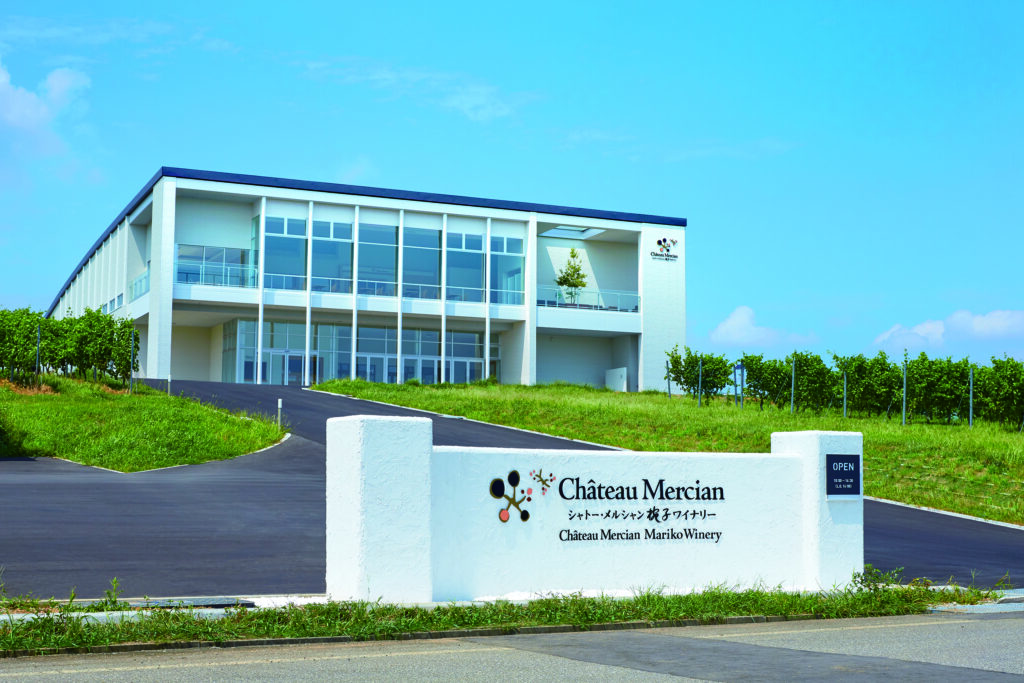
Photo Caption: The refined yet formidable exterior of the Château Mercian Mariko Winery in Nagano prefecture
In a recent report conducted by IMARC Group, Japanese consumers have been shifting away from traditional alcoholic beverages like sake and beer and are embracing wine instead. The emergence of wine education programs and the rise of sommelier culture have contributed to the rising appreciation of wine too. With more vineyards and wineries opening their doors to visitors, wine tourism has gained much popularity in Japan.
The report cited regions such as Yamanashi and Nagano in pushing awareness for quality wine production as well as attracting vino lovers seeking wine-related experiences. One such winery pushing the envelope in Japan is undoubtedly Château Mercian. Not only has Mercian Corporation’s (Mercian) Château Mercian Mariko Winery been placed no. 38th in the World’s Best Vineyards 2023 by William Reed Business Media, it has also been crowned ‘The Best Vineyard in Asia’. To add to that, Château Mercian Mariko Winery is the only Japanese winery to have been placed within the award’s Top 100 list for four years in a row.
Nestled in the breathtaking Japanese Alps in Nagano Prefecture, Mercian Corporation first opened the stellar Château Mercian Mariko Winery in 2019 on the hillside of the vineyard. Visitors can experience the entire process from grape growing to winemaking.
Beyond this laudable international recognition, Château Mercian’s esteemed vision across the board is to have “Japan recognised as one of the world’s foremost wine regions.”
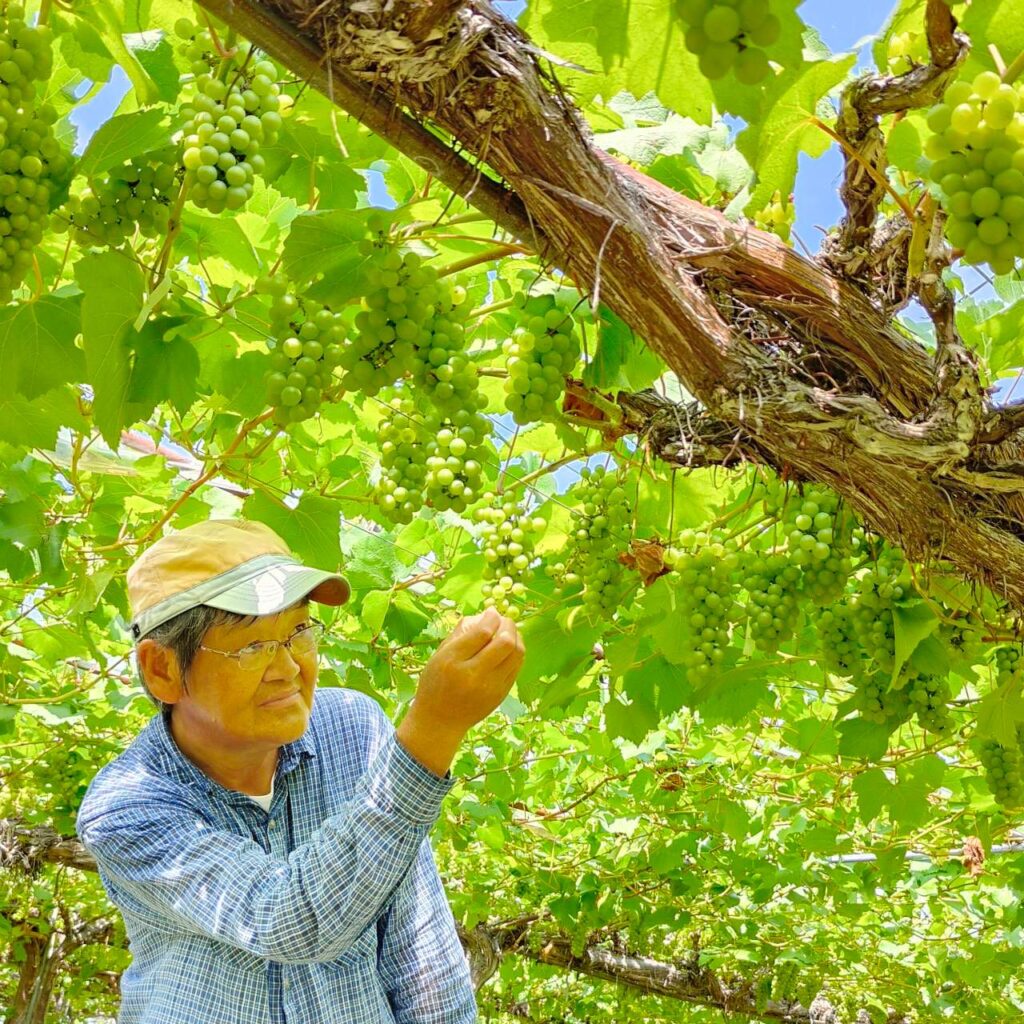
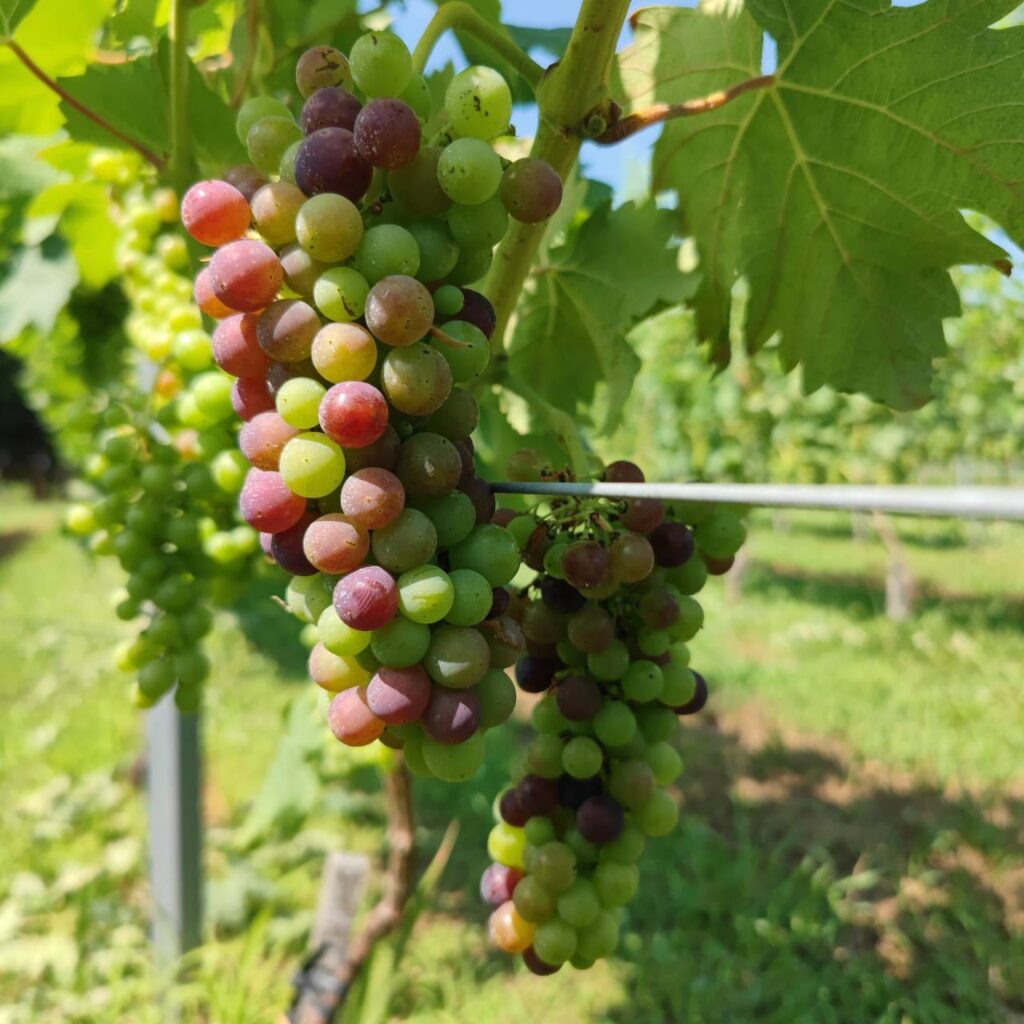
Photo Credit: Mariko Winery by Château Mercian
Château Mercian has quite the history supporting its grand vision – the brand first grew from Japan’s first privately owned wine company, Dai-Nihon Yamanashi Budoshu Gaisha, which was created in 1877. Sending two representatives Masanari Takano and Ryuken Tsuchiya to France, the winery started large-scale wine production using Koshu grapes, marking the start of fine wine production in Japan.
“Château Mercian has inherited Japan’s nature, culture and sensibility and continues to evolve. We value finesse and elegance as our winemaking philosophy. Our goal is to create wines that are balanced and have no outliers, like a Japanese garden,” says a winery spokesperson. “The day will come when Japanese wine will be loved by the people in Japan and around the world.”

Photo caption: Château Mercian Kikyogahara winery in Shiojiri, Nagano prefecture
And well embraced has it been not only domestically, but also internationally as it expands its global footprint beyond the shores of the Land of the Rising Sun. Mercian Corporation has recently started exporting to Italy in mid-November 2023. Italy joins the United States, Singapore, Hong Kong, and the United Kingdom as an export destination.
In Italy, the brand is starting with a total of nine products including Château Mercian Yamanashi Koshu and Château Mercian Tamamoro Koshu Kiiroka, both of which are made from Koshu, a grape variety unique to Japan, as well as Château Mercian Hokushin Chardonnay, and has plans to gradually increase their export items.
“We will accelerate our efforts to realise our vision,” adds the winery spokesperson, as part of their strategy of flying the flag high for the Japanese wine industry.
Closer to home, as part of this overall vision to increase exposure and interest in quality Japanese wine among both locals and tourists, it has established a permanent English-language tour programme through the winery tour experience.
Additionally, the Ministry of the Environment officially certified the Château Mercian Mariko Vineyard as a Nature Symbiosis Site in acknowledgement of its contribution to the global 30 by 30 target for promoting biodiversity in October 2023.
This reflects its continuous bid to push the frontiers and raise the standard of the Japanese wine industry as it pursues sustainable wine production. To date, Château Mercian has achieved 100% renewable energy in terms of electricity use at all three wineries including Katsunuma, Kikyogahara, and Mariko, among other achievements – which is no mean feat given the scope and scale of their grand vision.
From the myriad efforts both at home and overseas, It is evident that the winery is on the right trajectory of putting Japan on the global map of wine.
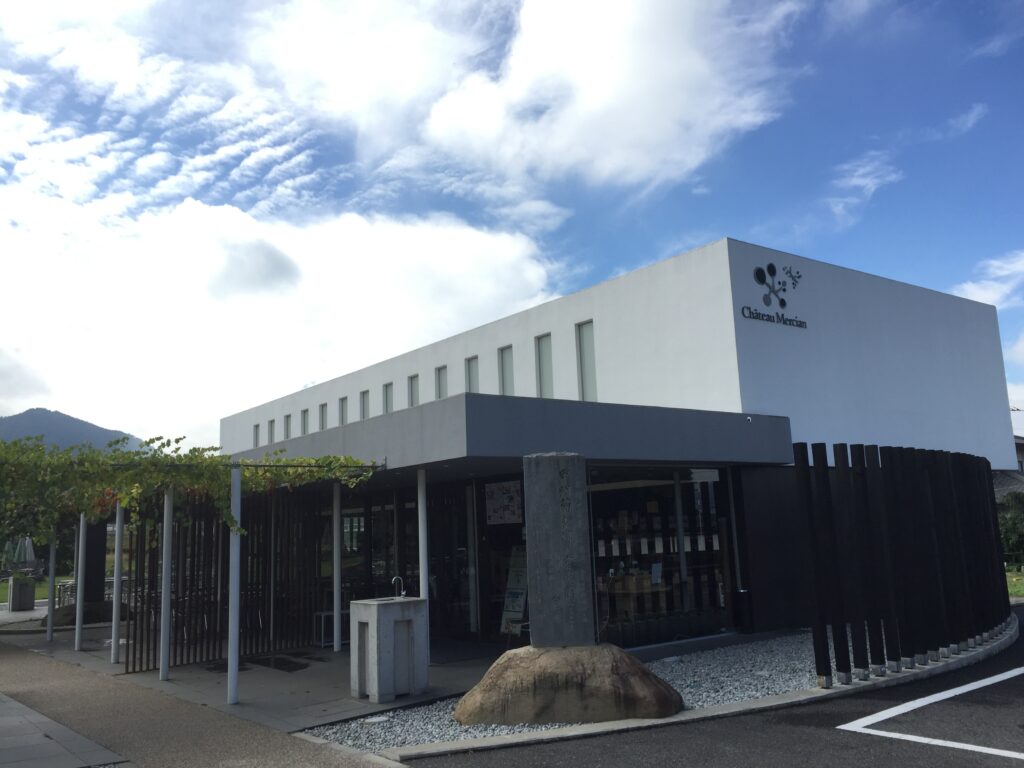
Photo Credit: Château Mercian Katsunuma winery in Yamanashi prefecture
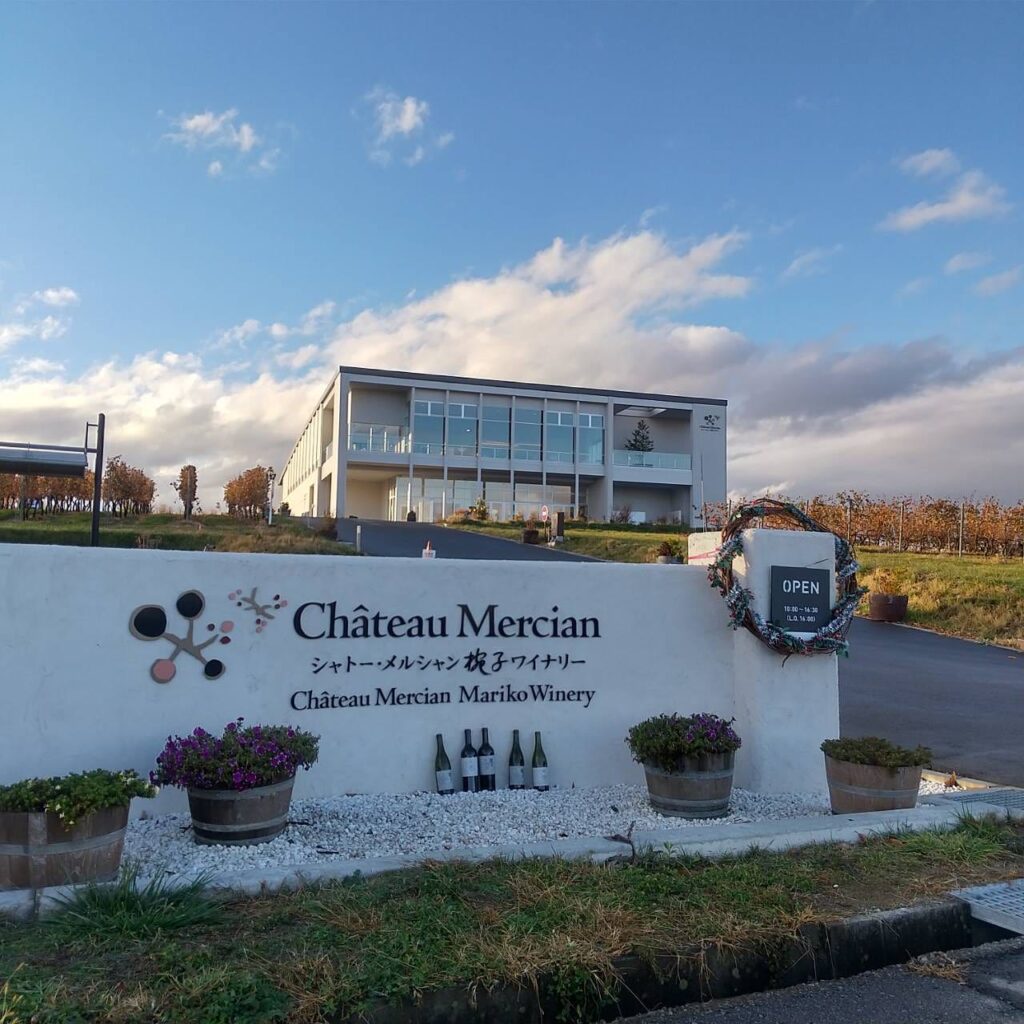
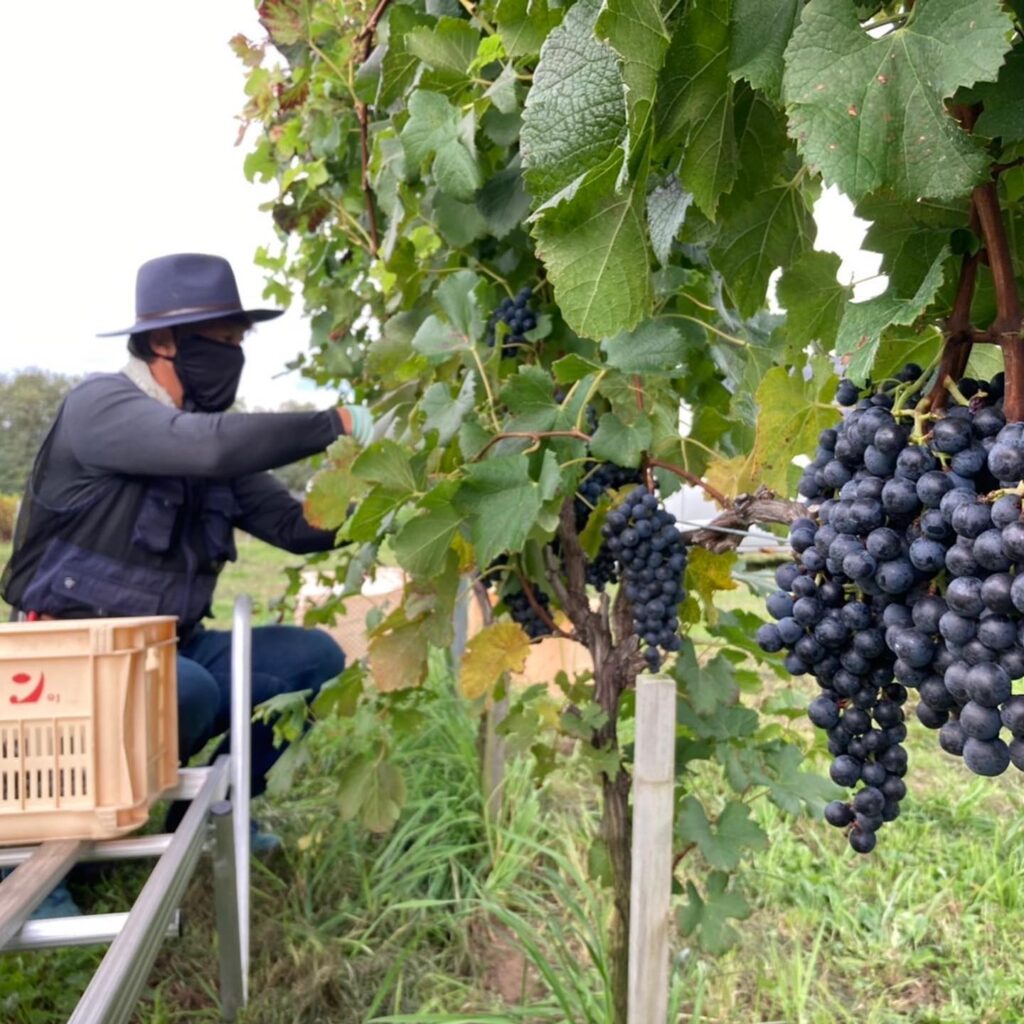
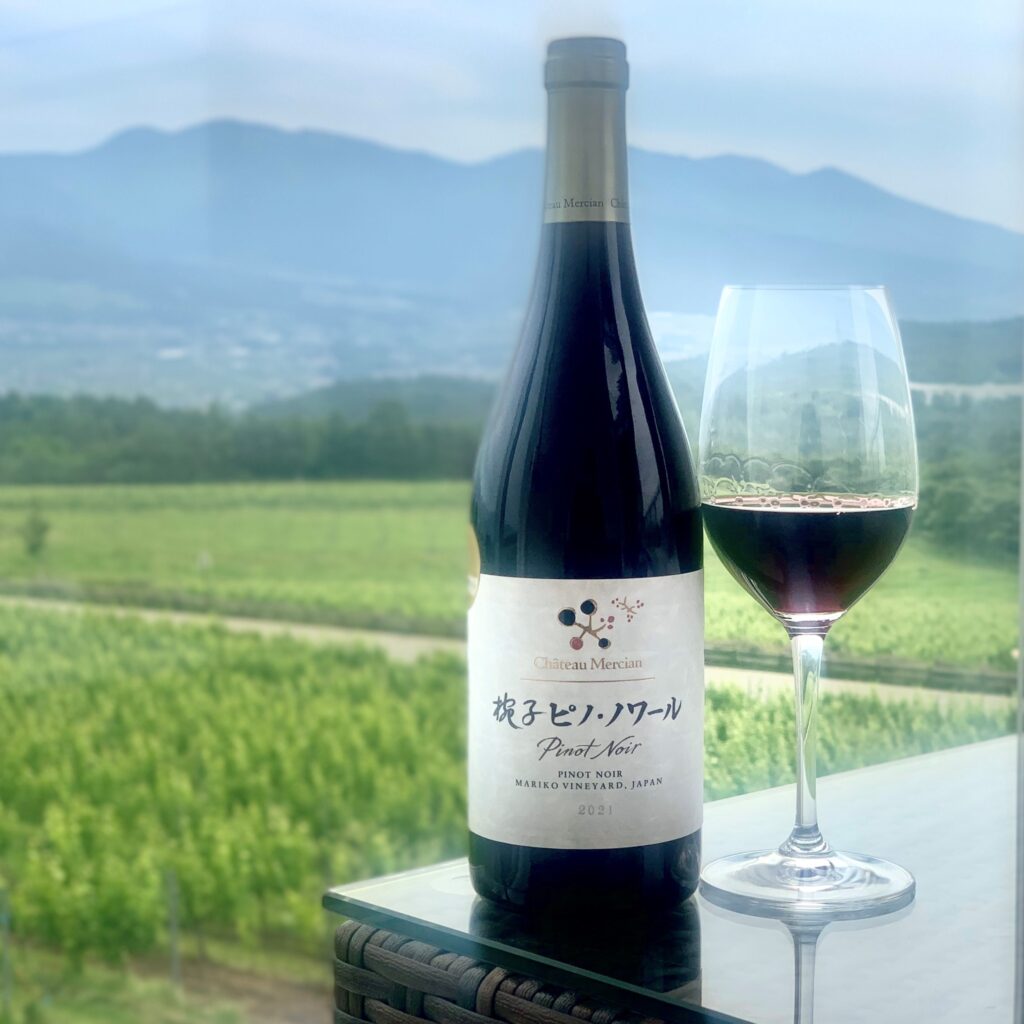
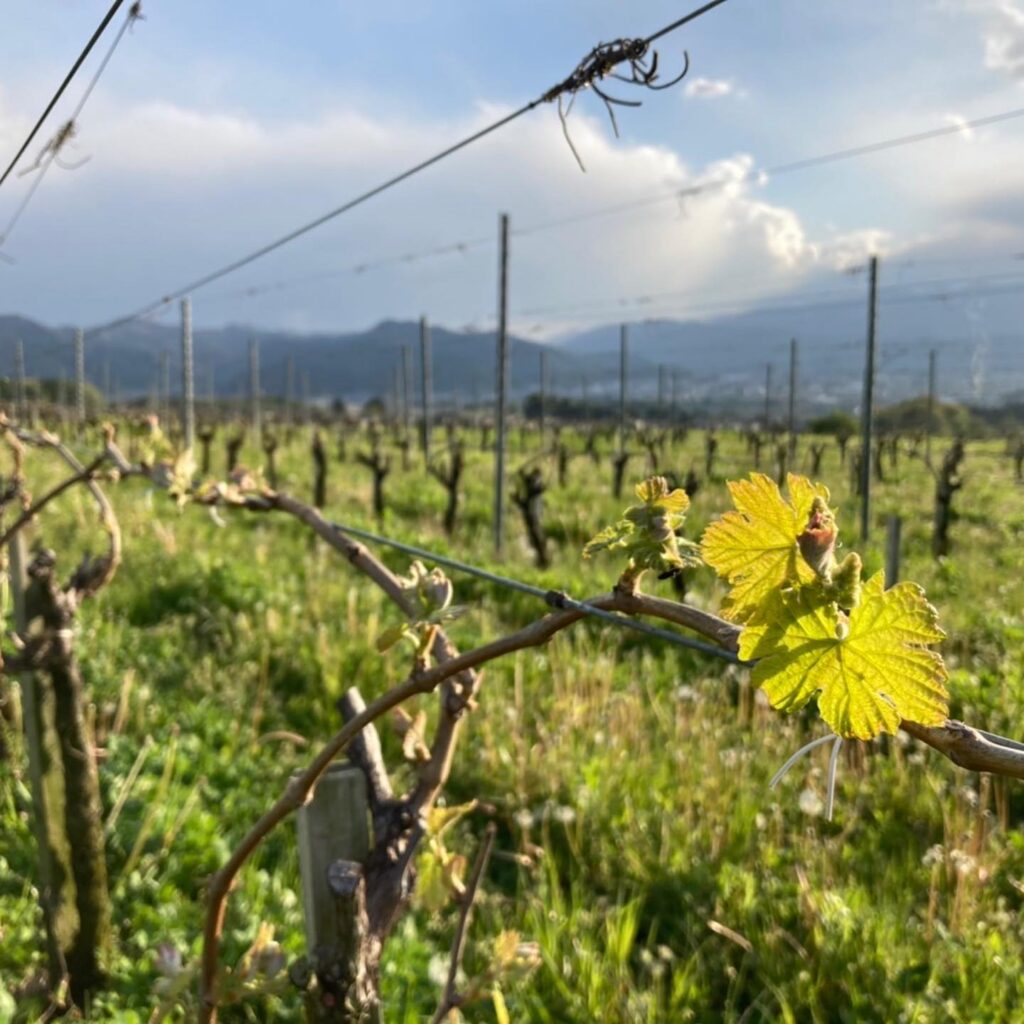
Photo Credit: Chateau Mercian FB Pge
Author: Shasha Renee
Shasha Renee has been in the field of publishing, media, public relations and communications in the F&B industry in Singapore for the past decade. She is passionate about all things wines and cocktails.



